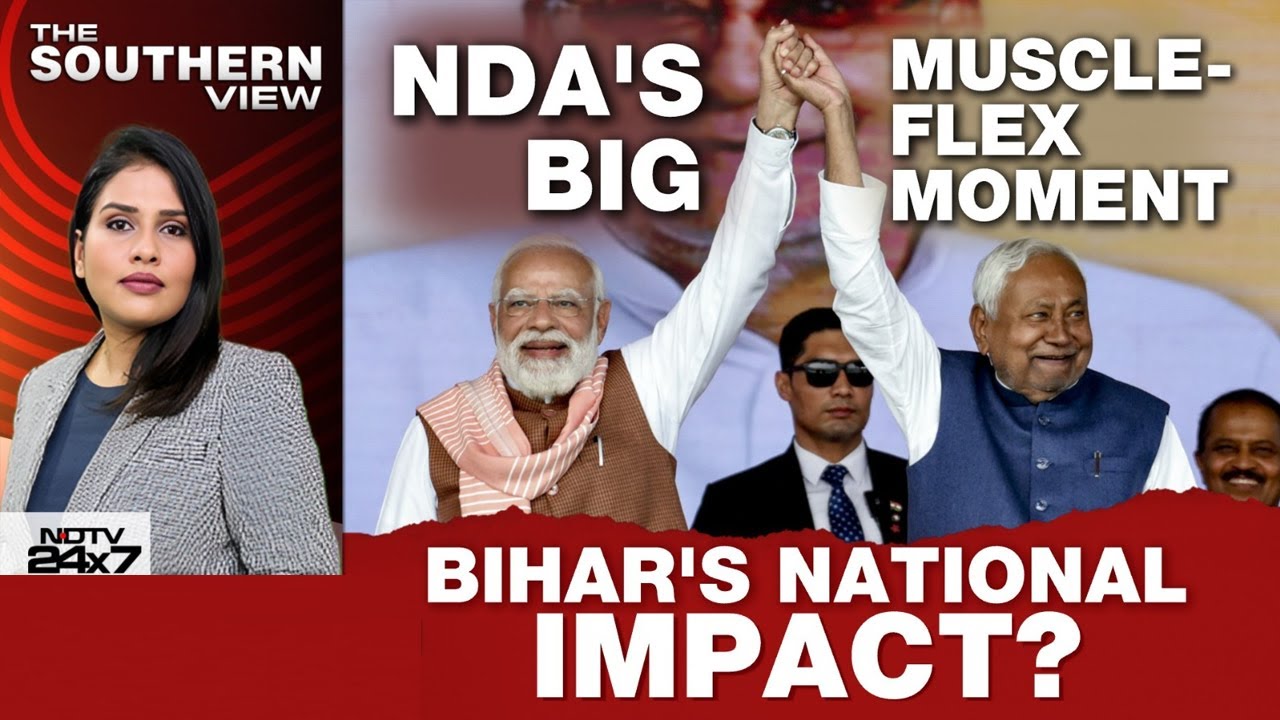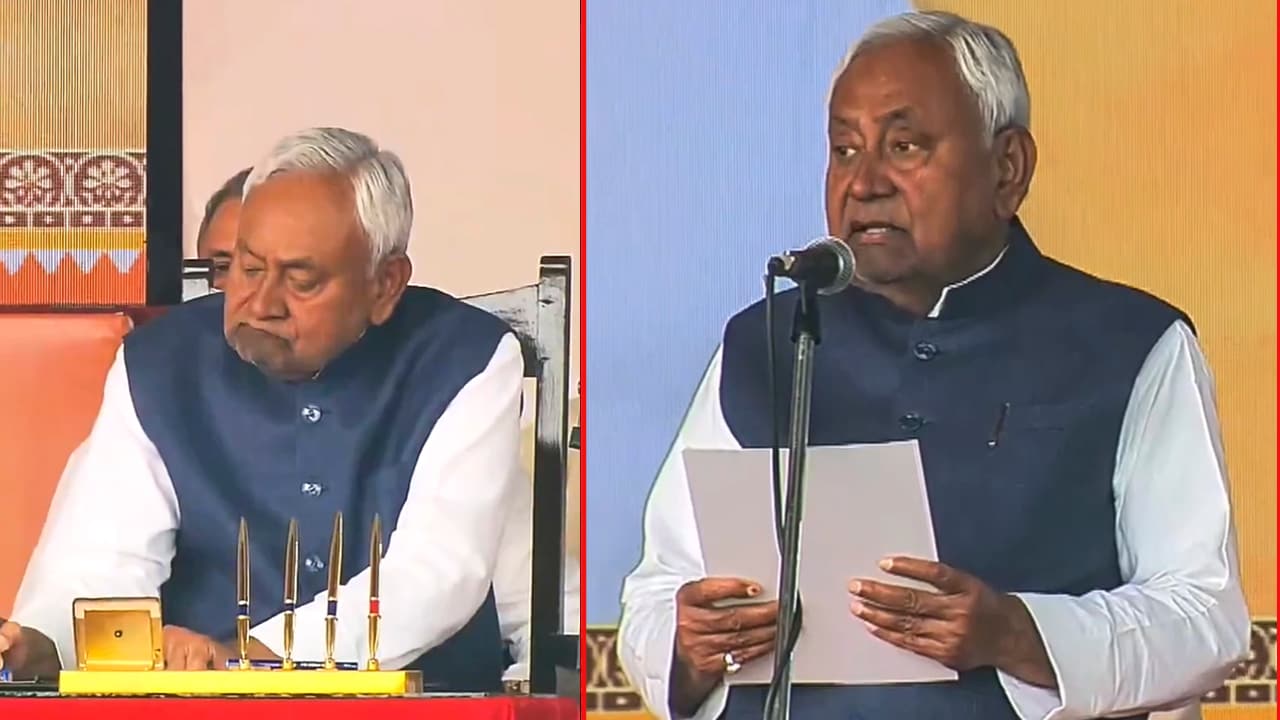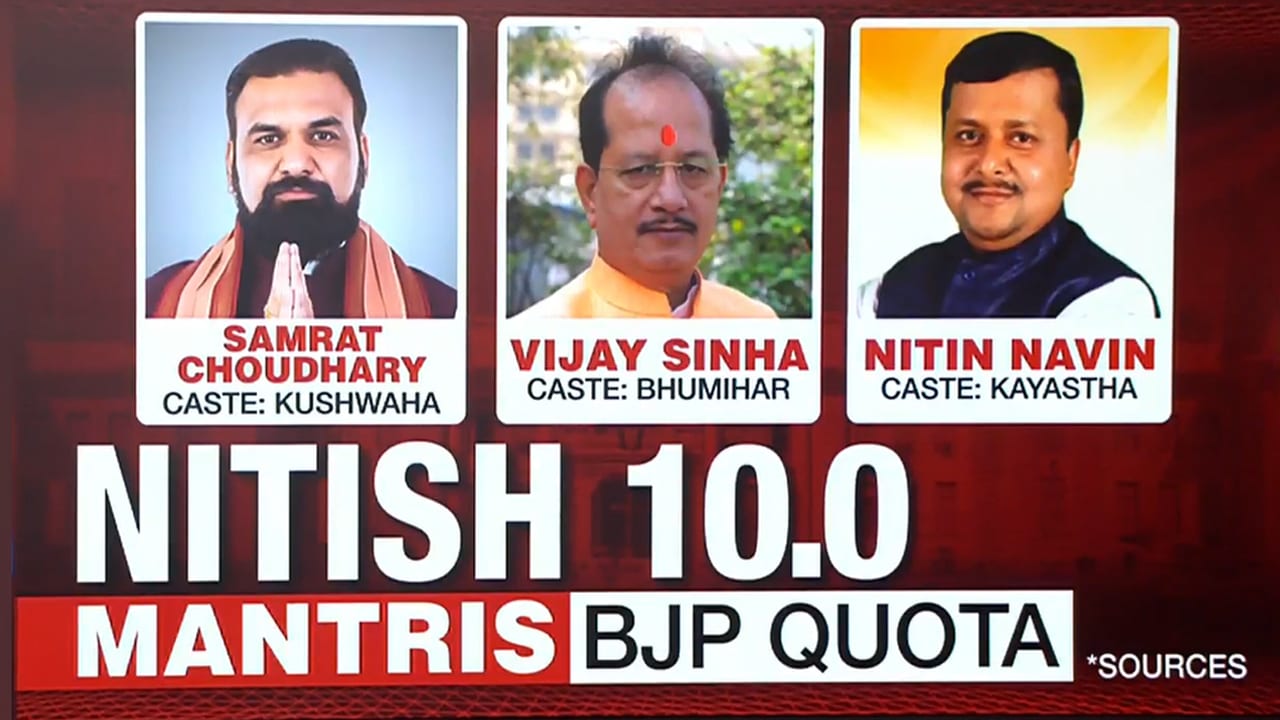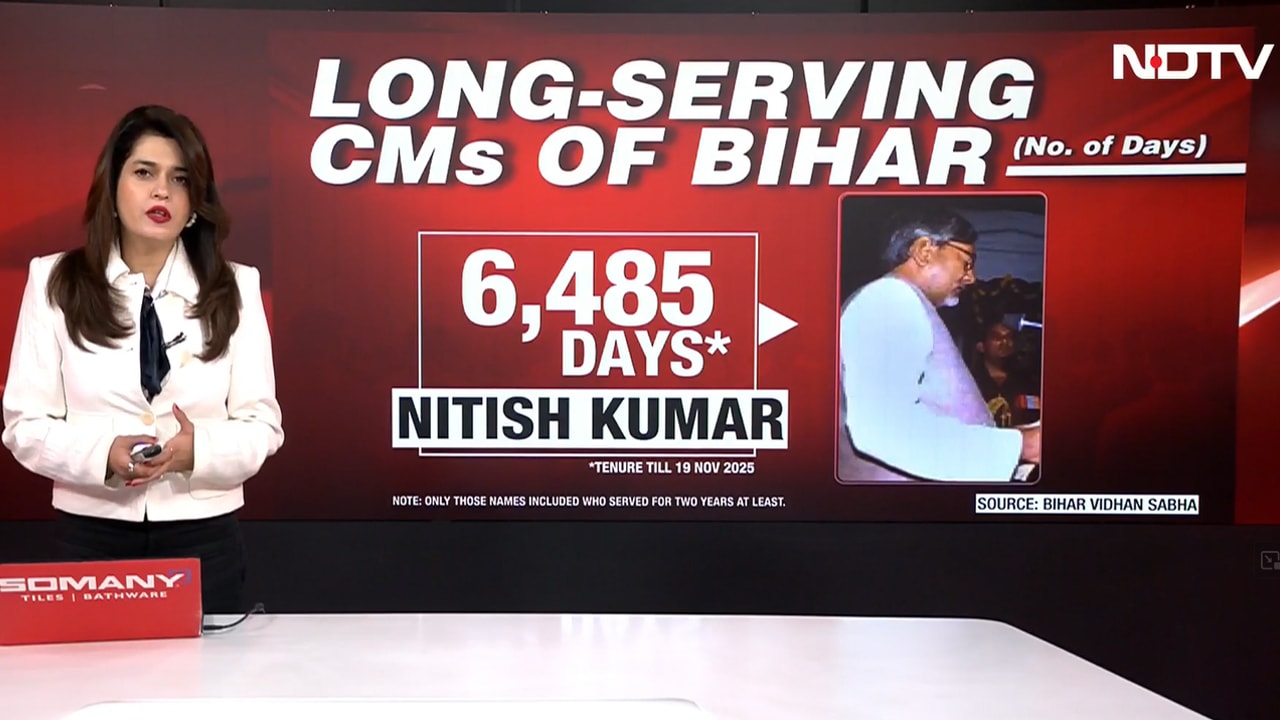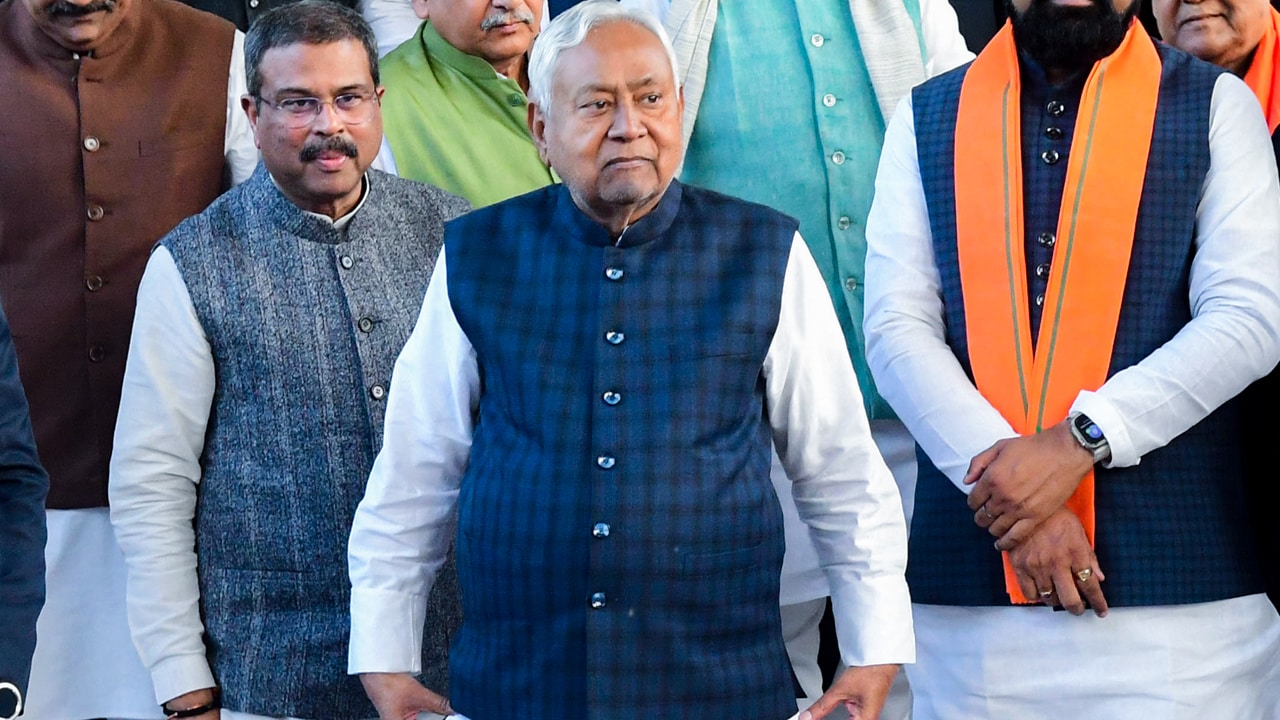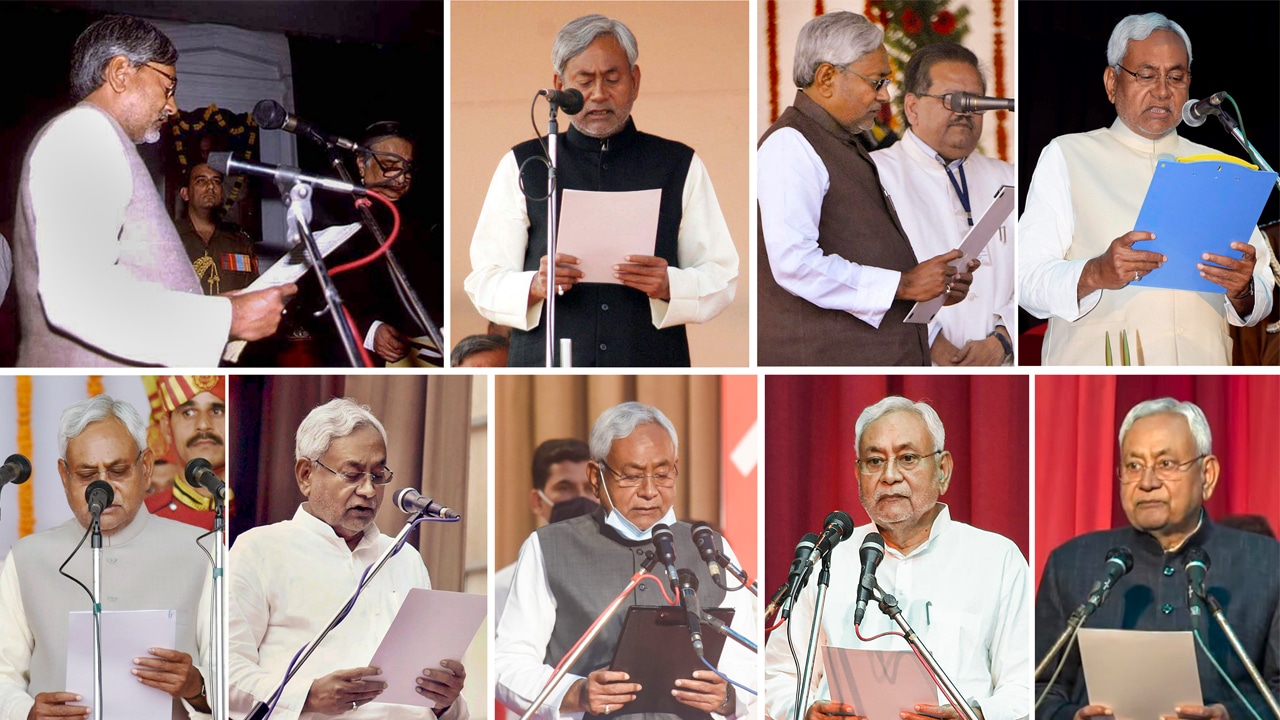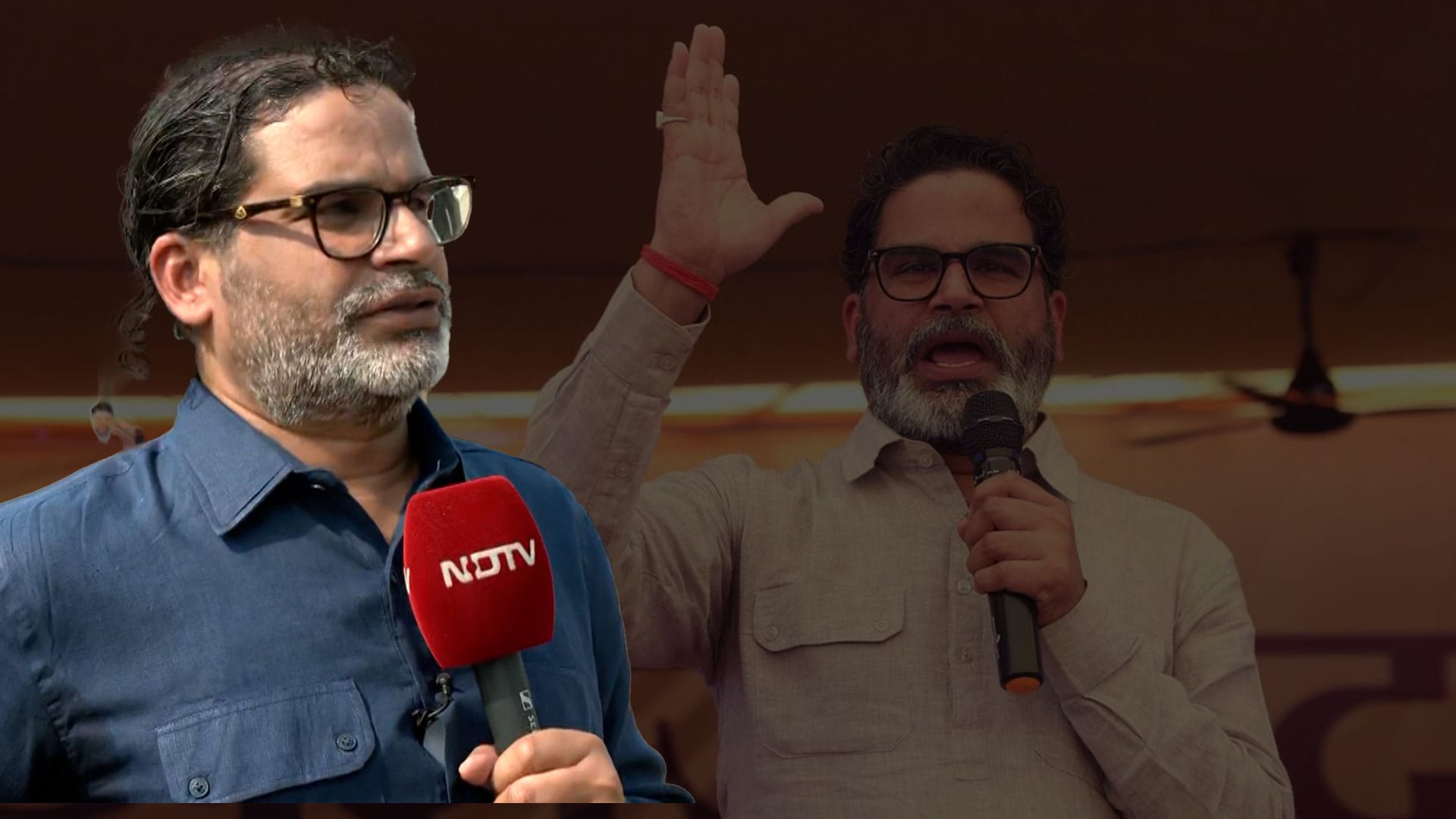Muslims Want Rights, Representation, Not Just Recognition As Voters: Owaisi
AIMIM chief Asaduddin Owaisi told NDTV that the voting pattern in Bihar, particularly in Seemanchal, was driven largely by regional and developmental concerns rather than national issues. He said the region’s chronic underdevelopment, high poverty, migration, flooding, poor educational outcomes, and lack of political empowerment shaped voter sentiment. Owaisi argued that many Muslims feel political parties seek their votes but deny them genuine representation, leading young Muslims to aspire for rights and leadership rather than being treated merely as voters.

